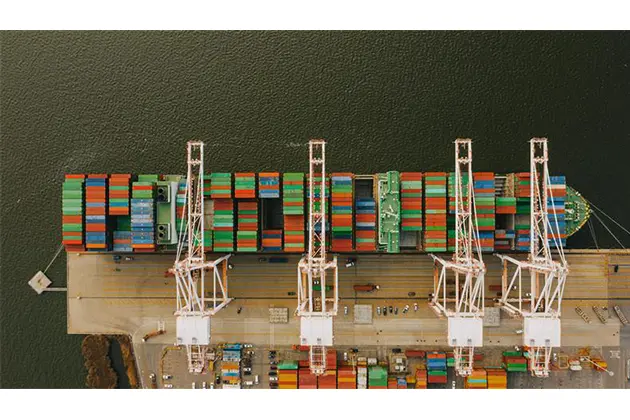The trade relations between the United States and the United Kingdom are among the best in influence and durability in history. In this era where business development goes global, understanding the avenues of US-UK trade can be useful. This article discusses the plan for the Chief Executive Officers in America and in the United Kingdom to handle trade across the Atlantic Ocean, areas to target growth, and logistical issues within the international trading system without being at a loss in competition.
Current US UK Trade and UK’s Perspective: A Brief History
The US and UK trading partnership is very active with both countries annually trading in goods and services more than 295 billion dollars. Major products that these two partners offer come from pharmaceutical industries, manufacturers of motor vehicles and also services of the finance industry. Anyway, this trend is changing, impacted by post-Brexit developments, international tariffs, and new bilateral deals like US-UK Trade Dialogues. For commercial organisations, knowing these modifications is essential to gaining new advantages.
Modern Enterprises: Opportunities in Transatlantic Trade
We are witnessing a rampant increase in trade between the U.S. and UK in sectors like green energy, technology, and advanced manufacturing. With both countries moving towards sustainability, companies that specialise in renewable technologies and green products are well-positioned. On the other hand, tech startups and seasoned businesses can reap the benefits of AI and fintech in their transatlantic relations. As these industries grow, sea freight from the UK to the USA remains a vital logistics solution for efficiently transporting bulk goods and equipment, further enabling businesses to capitalise on these expanding opportunities.
Regulatory Landscapes through the Eyes of CEOs
Regulatory risk management under the general conditions for transatlantic trade is crucial. Companies exporting goods using sea shipment from the UK to the US have a huge documentation burden. One such document is the Shipper’s Letter of Instruction (SLI) which helps in informing the freight forwarders so that customs regulations are not violated. It is worth knowing that correctly filled out SLI helps eliminate costly waiting when the goods are being transferred across the ocean. Sea freight is still the preferred method for bulk shipments, however, compliance and correct documentation have to be prioritised to ease operations.
Modernisation of Trade Processes through an Expanded Use of Technologies
The world of international business is witnessing rapid changes as new technologies emerge; electronic customs submission, automated supply chain management and secured transactions through blockchain technologies – all increase the operational efficiency. Fewer operational resources and time will give those who manage to adopt these changes an advantage. For example, it is possible to evaluate prediction markets’ latency for identifying interesting timeframes within which shipping should be performed.
Strategic alliances: Easing the trade balance of US and UK
In an increasingly changing global environment, trade-offs, supply chain risk management has been an utmost concern for most CEOs in many businesses today. Close relations with trustworthy storage and local sale points help in cases of geopolitical uncertainty or changing tariffs. With mutual cooperation and significant investments into partnerships, process integration can be achieved to facilitate the flow of goods between the US and UK.
International business and trade: Environmental considerations
Sustainability is now imperative in today’s international business and trade. Present regulators and consumers will impose such policies and practices onto businesses. In the US-UK trade engagement process, organisations can reduce emissions through low emission transport modes and minimise packaging waste. Companies which align with environmental objectives leave willing brands and motivate environmentally aware customers.
The CEO Role In The context of Trade Expansion
Being the principal decision-makers in their organisations, these Chief Executives are crucial in decisively developing transatlantic trade policies. Subject to the business strategies that are built by the executive heads based on encouraging developments, commitment into next-generational technologies and increasing sustainability factors, the particular companies are made to emerge as the industry leaders. Besides, knowledge of trade policy between the US & UK and connections with industry associations might assist CEOs in predicting changes in the market and finding new ways to facilitate trade.
Looking Ahead: The New Era of U.S.-UK Trade Partnership
Changes in the future of US – UK partnerships have positives since there will be new markets created, technologies and changing policies creating a lot of opportunities. Those businesses that adapt to the future and build strategies that are up to the task will be the ones set to dominate this economic relationship.
As transatlantic commerce develops so do the opportunities that are not only found in innovative ideas but in collaboration, and effective positioning. For Chief Executive Officers, it is about not only addressing today’s problems but also looking towards the future.










